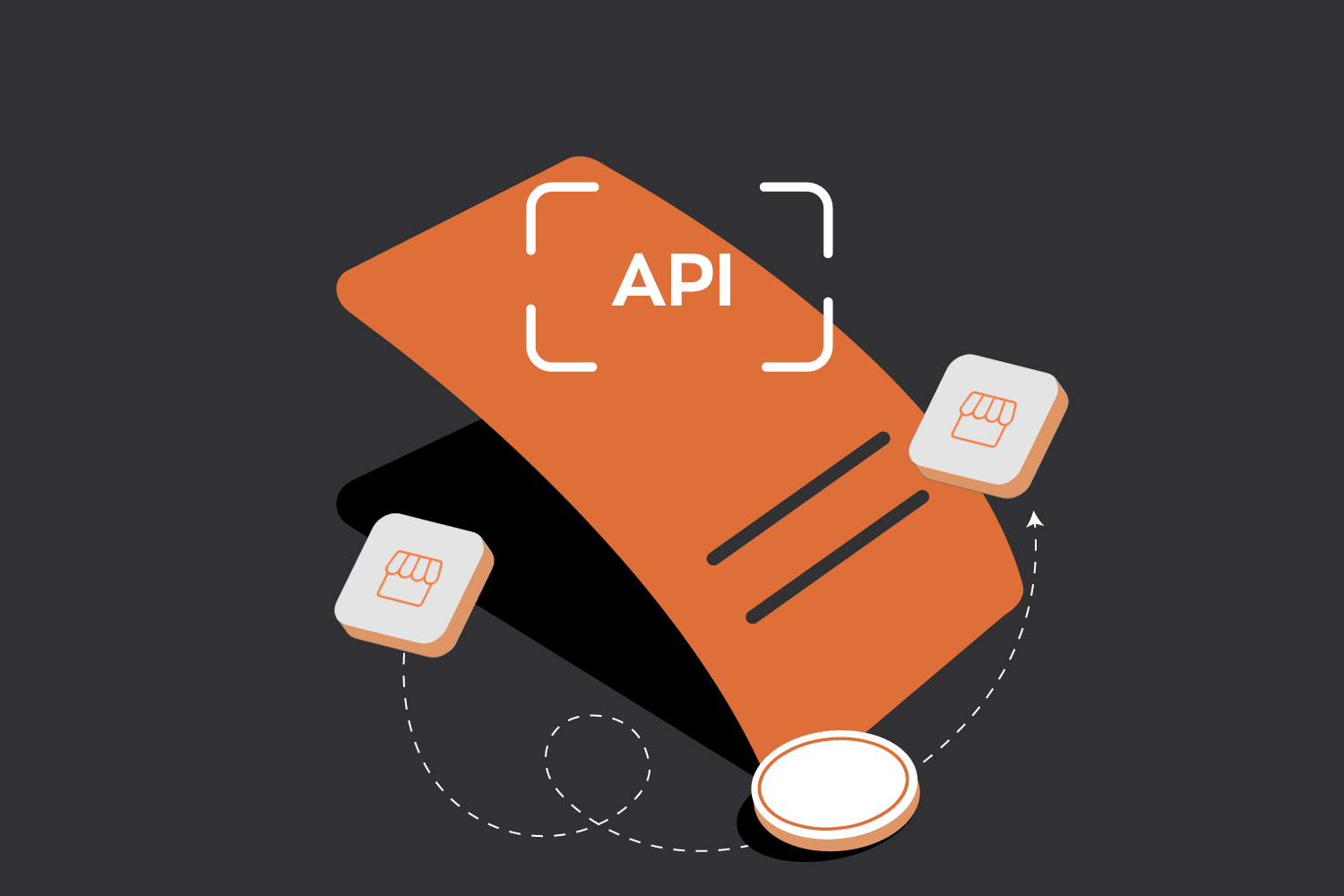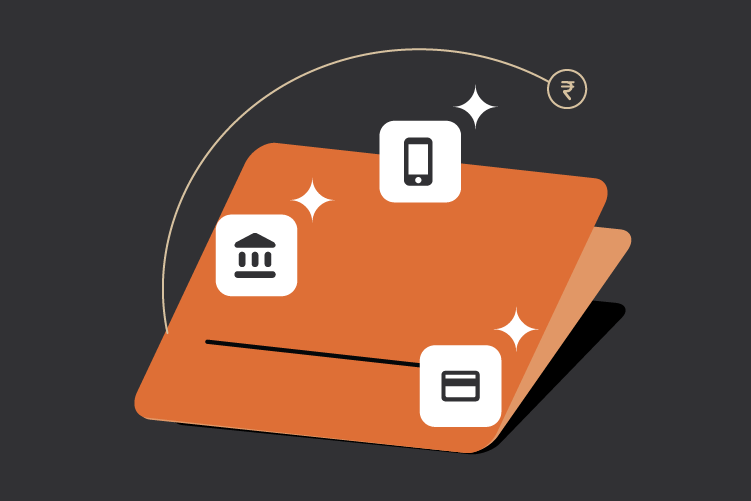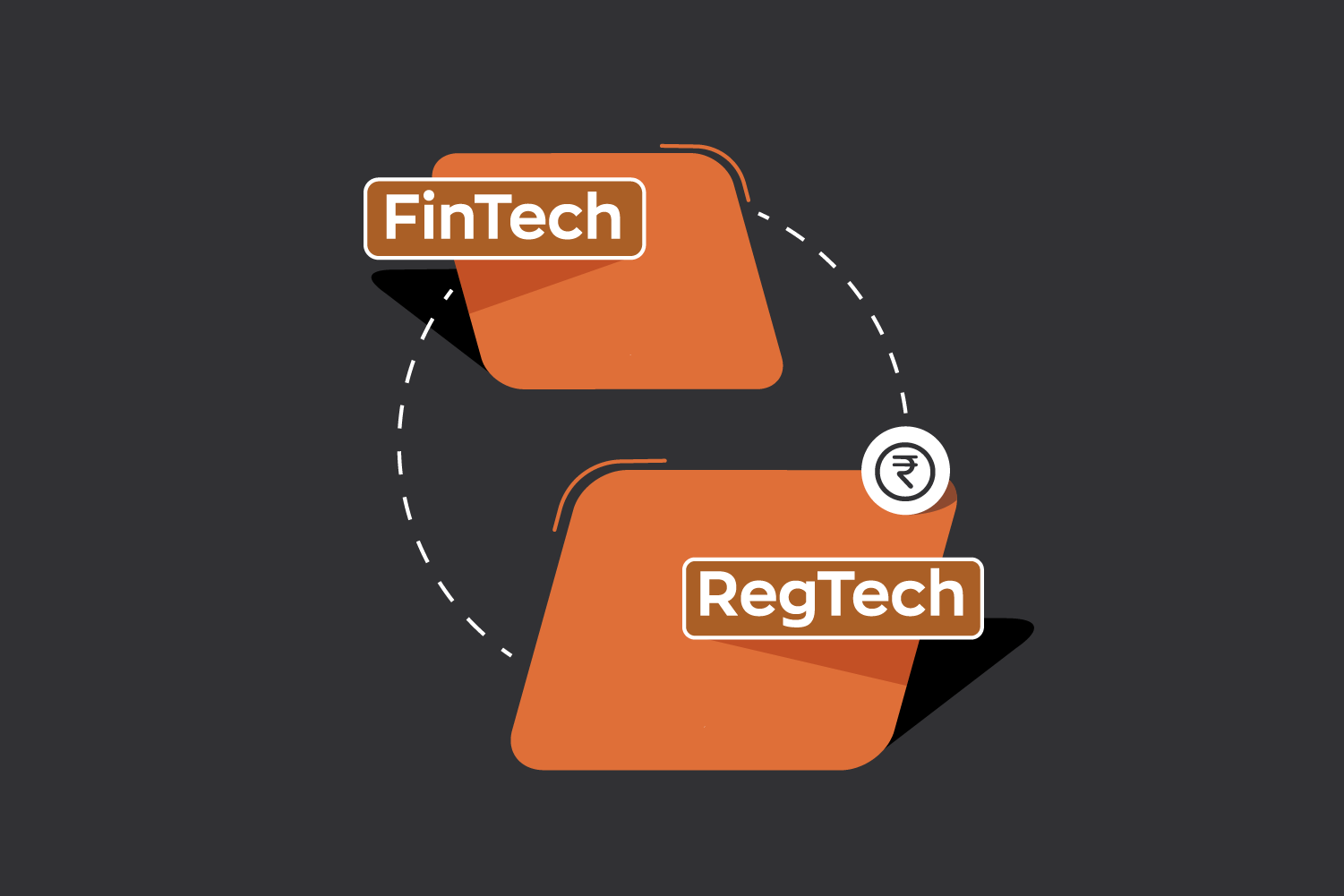Freelancers are the driving force behind today’s gig economy. They contribute creativity, expertise, and flexibility across industries. However, one challenge consistently disrupts their workflow: receiving timely, efficient payments. Delayed transactions, high fees, and manual tracking can be frustrating, impacting their cash flow and productivity.
This is where FinTech is a game-changer, revolutionizing how freelancers collect payments and how businesses handle them. For businesses hiring freelancers, implementing faster, cost-effective, and streamlined payment solutions ensures smoother collaborations. Freelancers, on the other hand, leverage FinTech tools to manage payments and invoices through user-friendly dashboards, generate payment links for quick transactions, and offer clients multiple payment methods—all ensuring they get paid efficiently and on time. By adopting these services, both sides create a seamless experience, minimizing friction and enabling smoother interactions.
Here’s a closer look at how FinTechs simplify payment processes, provide innovative tools, and enhance the gig economy for both freelancers and the businesses that rely on their talent.
Why Payments Were a Problem for Freelancers
Freelancers face everyday challenges like:
- Delayed payments: Completing a project and waiting weeks for the payment to arrive can disrupt personal budgeting and create financial stress.
- High fees: Receiving payments through specific platforms often means losing a chunk of earnings to transaction or currency conversion fees.
- Complex processes: Creating invoices, sending reminders, and following up on late payments takes time that could be spent on work or building client relationships.
These everyday issues highlight the need for smoother, faster, and more cost-effective payout solutions.
How FinTechs Are Changing Freelancer Payments
- Instant Bank Transfers
Freelancers can now receive payments directly into their bank accounts in real-time, reducing the delays that traditional methods like checks or lengthy approval processes often cause.
Example: A freelancer delivers a project to a client and is paid immediately through instant payout options powered by an instant payouts API.
- Digital Wallets
Freelancers use digital wallets to receive payments quickly and store funds securely. They can transfer money to their bank accounts or use it for expenses.
Example: After completing a project, a freelancer is paid into a wallet they can use to shop online, pay bills, or save for future needs.
- Automated Invoicing and Payment Links
Freelancers leverage FinTech apps to generate invoices, create payment links, and send automatic reminders for pending payments. This eliminates the need for manual follow-ups.
Example: A graphic designer sends a payment link to a client after delivering a project. The client pays instantly, and the system automatically updates the payment status and reconciles the payment with the invoice.
- Secure and Transparent Transactions
Freelancers can now transact confidently, thanks to strong authentication protocols and precise payment details.
Example: A social media manager receives payments through a secure FinTech wallet, with instant notifications and a clear transaction breakdown.
- Flexible Payment Options for Clients
FinTechs enable freelancers to offer multiple methods for clients to make payments, improving convenience and reducing delays.
Example: A software developer allows clients to pay via UPI, digital wallets, or direct bank transfers using payment links powered by APIs.
How FinTechs Powers Freelancer Payments
APIs powered by FinTechs streamline every aspect of the payment process, making it fast and efficient for both freelancers and clients.
Clients can make use of:
- Payout APIs: Enable businesses or platforms to send instant payments to freelancers’ accounts.
- Account verification APIs: Ensure accurate payment details, avoiding errors or delays.
- Bulk payout APIs: Allow businesses to send payments to multiple freelancers simultaneously, saving time and operational effort.
Freelancers can make use of:
- Automatic Reconciliation: Automatically match payments with invoices, helping freelancers track their earnings.
- Payment collection APIs: Allow freelancers to generate secure payment links or QR codes, simplifying the process of collecting payments.
- Recurring payment APIs: Automate the collection of retainers or subscription-based payments, ensuring freelancers receive timely payments.
Why FinTechs Matters for Freelancers in India
India’s gig economy is booming, and modern payment tools have become indispensable for freelancers nationwide. With UPI leading the charge, FinTech platforms now offer solutions tailored to local needs:
- Faster payments: Instant transfers ensure freelancers are paid quickly, avoiding cash flow issues.
- Affordability: Reduced transaction costs benefit freelancers working on tight margins.
- Global reach: FinTech platforms simplify cross-border payments, making it easier for Indian freelancers to work with international clients.
Interested in our APIs? Let’s talk!
Tell us your automation goals, and we’ll set you up with a free, personalized demo from our API expert.
Click HereConclusion
FinTechs have reshaped the way payments flow in the gig economy, addressing the needs of both freelancers and their clients. On one side, clients leverage tools like Payout APIs and Bulk Payout APIs to process payments quickly, accurately, and at scale. This ensures freelancers receive their earnings without delays or errors. Conversely, freelancers benefit from seamless payment collection through Payment Links, automated invoicing, and secure transactions. These tools empower freelancers to focus on their work while enjoying the reliability and speed of FinTech-powered solutions.
By streamlining the payment experience for everyone involved, FinTech strengthens trust, enhances productivity, and drives the gig economy’s growth. Whether you’re a freelancer seeking efficient payment solutions or a client managing payouts, FinTechs ensure smooth and hassle-free financial interactions.
FAQs
How do payout APIs simplify freelancer payments?
Payout APIs enable businesses to send instant payments directly to freelancers’ bank accounts, ensuring faster and error-free transactions.
What is the role of payment links in freelancer payments?
Payment links allow freelancers to create secure, shareable links for collecting payments from clients, simplifying the payment process.
Can fintech solutions help with recurring freelancer payments?
Yes, recurring payment APIs can automate retainers or subscription-based payments, ensuring freelancers receive their earnings on time.
Are digital wallets safe for freelancers to use?
Digital wallets use strong authentication and encryption, making them a secure option for freelancers to receive and store payments.
How can fintech benefit clients working with freelancers?
Fintech tools like bulk payout APIs streamline managing multiple freelancer payments, saving time and ensuring timely disbursements.



0 Comments